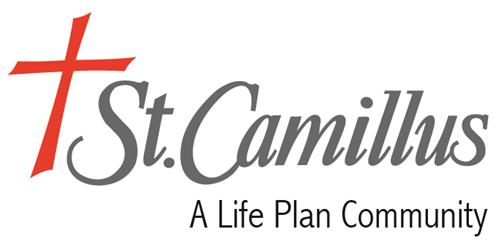
-We Train You -You Train Your Staff-
“Crisis Prevention Institute (CPI) training provides the de-escalation techniques and behavior management strategies you need to create a culture of safety.”Matthew Wolak of CPI, the largest global workforce violence prevention training company with over 15 million trained, presented a program highlighting their programs, goals, statistics, and a few techniques on de-escalation.
Through all-level organization training, employees from different responsibilities within an organization learn to speak the same critical language when faced with a potentially violent situation, preventing an increase in the risk level. Through situational awareness and using non-verbal and verbal techniques employees can de-escalate a situation, reducing the likelihood and severity of a workplace violence incident resulting in reduced injuries. Through this training, staff members learn the “power of the voice”, how to recognize anxiety when faced with a potentially escalating situation, resulting in a higher level of Staff confidence.
Programs Offered:
Nonviolent Crisis Intervention (NCI) provides the skills to safely recognize and respond to everyday crisis situations. NCI training complies with all current legislation and is evidence-based and fully accredited. This program is recommended for First responders, security personnel, Healthcare, Education and Human service professionals.
The Nonviolent Crisis Intervention with Advanced Physical Skills equips staff with the decision-making skills needed to confidently assess and address risk. It combines verbal intervention strategies and restrictive interventions with advanced physical skills for high-risk scenarios such as those that require floor intervention. This program includes the skills for the NCI recommended audience plus corrections/juvenile facility staff, security teams and, mental health professionals.
The combined programs provide:
· Prevention and verbal de-escalation skills.
· Disengagement safety techniques.
· Trauma-informed training.
· Risk assessment framework.
· Physical intervention techniques.
· Disengagement safety techniques.
· Physical intervention techniques.
· Skills for high-risk scenarios.
If you would like more information regarding workplace violence prevention, visit the CPI website at www.insittue.crisisprevention.com.


